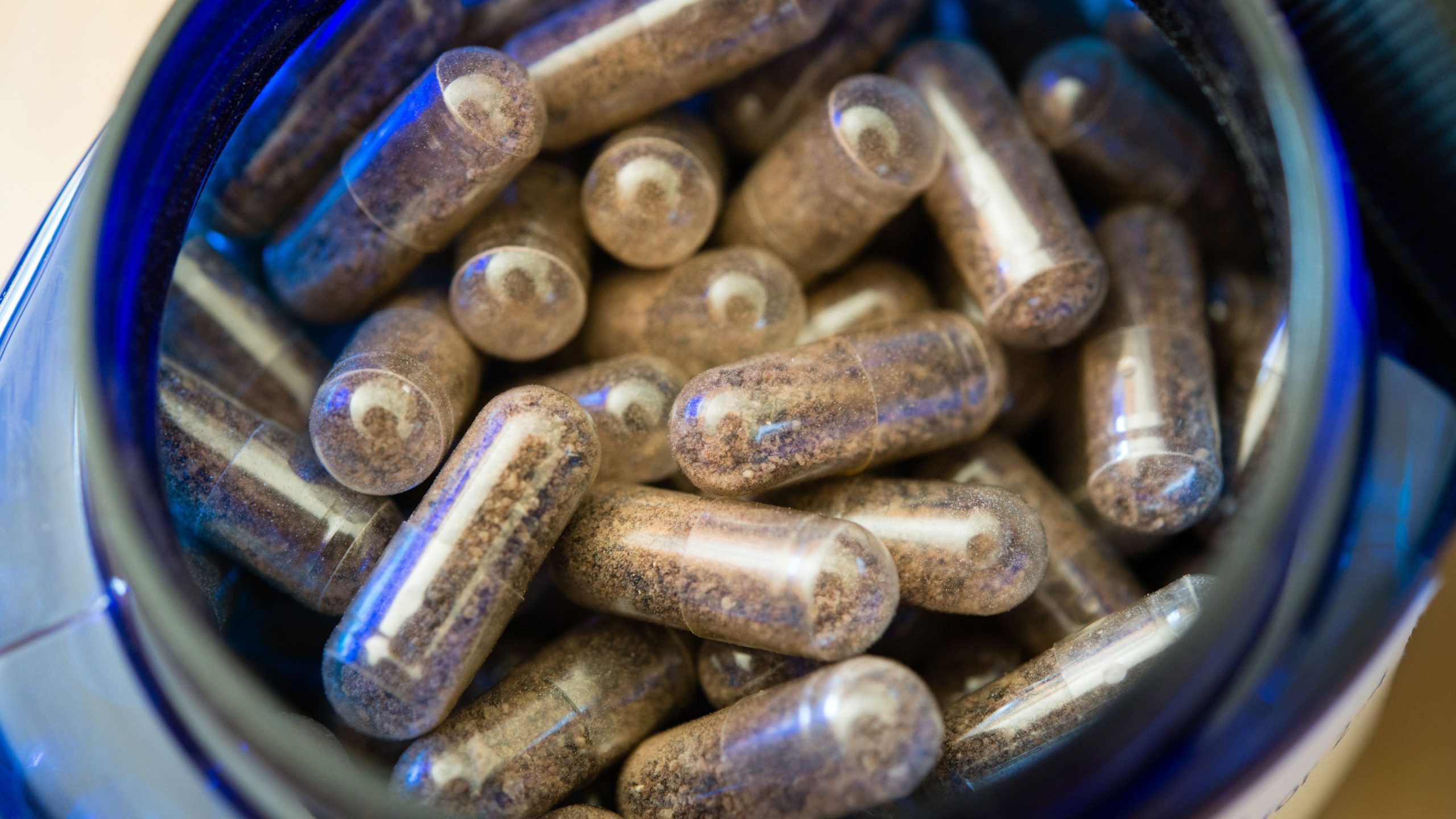The Benefits of Eating Your Placenta
Welcome to our comprehensive guide on the benefits of eating your placenta. In this article, we will explore the potential advantages of consuming placenta after childbirth. While this topic may seem unconventional, it has gained attention in recent years due to its potential health benefits. We will delve into the various reasons why some individuals choose to consume their placenta and examine any scientific evidence supporting these claims.
What is the Placenta?
The placenta is a temporary organ that develops during pregnancy and is responsible for providing essential nutrients and oxygen to the fetus. It also acts as a barrier, protecting the baby from harmful substances. After childbirth, the placenta is typically expelled from the mother’s body.
The Practice of Consuming Placenta
Eating placenta, also known as placentophagy, has been practiced in various cultures throughout history. Today, it has gained popularity among some individuals who believe in its potential health benefits. While scientific research on this topic is limited, proponents of placenta consumption claim several advantages.
Potential Benefits of Eating Placenta
Nutritional Content
One of the primary reasons cited for consuming placenta is its nutritional value. The placenta contains essential nutrients such as iron, protein, vitamins, and minerals that may support postpartum recovery. Some believe that consuming placenta can replenish these nutrients and help prevent deficiencies.
Hormonal Balance
Another claimed benefit of eating placenta is its potential to restore hormonal balance. After childbirth, hormonal fluctuations occur, which can lead to mood swings and postpartum depression. It is believed that consuming the placenta, which contains hormones like oxytocin and progesterone, may help regulate these imbalances and promote emotional well-being.
Increased Energy Levels
Advocates of placenta consumption suggest that it can boost energy levels during the postpartum period. The placenta contains high levels of iron, which is essential for maintaining energy levels and preventing fatigue. By consuming the placenta, individuals may experience improved vitality and overall well-being.
Enhanced Milk Production
Some individuals believe that eating placenta can stimulate milk production in breastfeeding mothers. The hormonal components present in the placenta are thought to promote lactation and increase the supply of breast milk. However, more research is needed to substantiate these claims.
Scientific Evidence and Controversy
It is important to note that scientific research on the benefits of eating placenta is limited and inconclusive. While some studies have reported potential advantages, others have found no significant benefits. The existing research is often criticized for its small sample sizes and lack of rigorous methodology.
Additionally, health authorities such as the American College of Obstetricians and Gynecologists (ACOG) and the Centers for Disease Control and Prevention (CDC) have issued statements cautioning against placenta consumption due to potential health risks. These risks include infection, bacterial contamination, and the transmission of diseases.

In conclusion, the practice of eating placenta has gained attention in recent years due to its potential benefits. While some individuals believe in its advantages, scientific evidence supporting these claims is limited and controversial. It is essential to consult with healthcare professionals and consider potential risks before deciding to consume placenta. Further research is needed to fully understand the potential benefits and risks associated with this practice.
Frequently Asked Questions – Benefits of Eating Your Placenta
1. Is eating your placenta beneficial for postpartum recovery?
Yes, consuming your placenta is believed to help with postpartum recovery by replenishing essential nutrients and hormones.
2. Does eating the placenta provide any nutritional benefits?
Absolutely! The placenta is rich in iron, protein, vitamins, and minerals, which can support your overall health and well-being.
3. Can eating the placenta help prevent postpartum depression?
While some women claim that consuming their placenta helped reduce the risk of postpartum depression, scientific evidence is limited and inconclusive.
4. Is it safe to consume your placenta?
When prepared properly, consuming your placenta is generally considered safe. However, it is crucial to follow proper handling, cooking, and storage guidelines to minimize any potential risks.
5. What are some other potential benefits of eating your placenta?
Aside from postpartum recovery, consuming the placenta may aid in increasing breast milk production, boosting energy levels, and balancing hormones.
6. How can eating the placenta benefit lactating mothers?
Eating the placenta is believed to promote lactation by providing essential nutrients and hormones that support milk production.
7. Are there any cultural or traditional beliefs associated with consuming the placenta?
Yes, various cultures and traditions view the placenta as a sacred organ symbolizing life and fertility. Consuming it is seen as a way to honor the birthing process and promote maternal health.
8. Can eating the placenta help with postpartum weight loss?
While some women claim that consuming their placenta aids in postpartum weight loss, scientific evidence is lacking. It is important to focus on a balanced diet and exercise for healthy weight management.
9. What are some common methods of consuming the placenta?
Common methods include encapsulation (drying and grinding placenta into capsules), cooking and incorporating it into meals, or making placenta smoothies.
10. Are there any potential risks or side effects associated with eating the placenta?
While rare, potential risks may include infection, allergic reactions, or improper handling leading to bacterial contamination. It’s crucial to consult with a healthcare professional and ensure proper preparation and hygiene.




